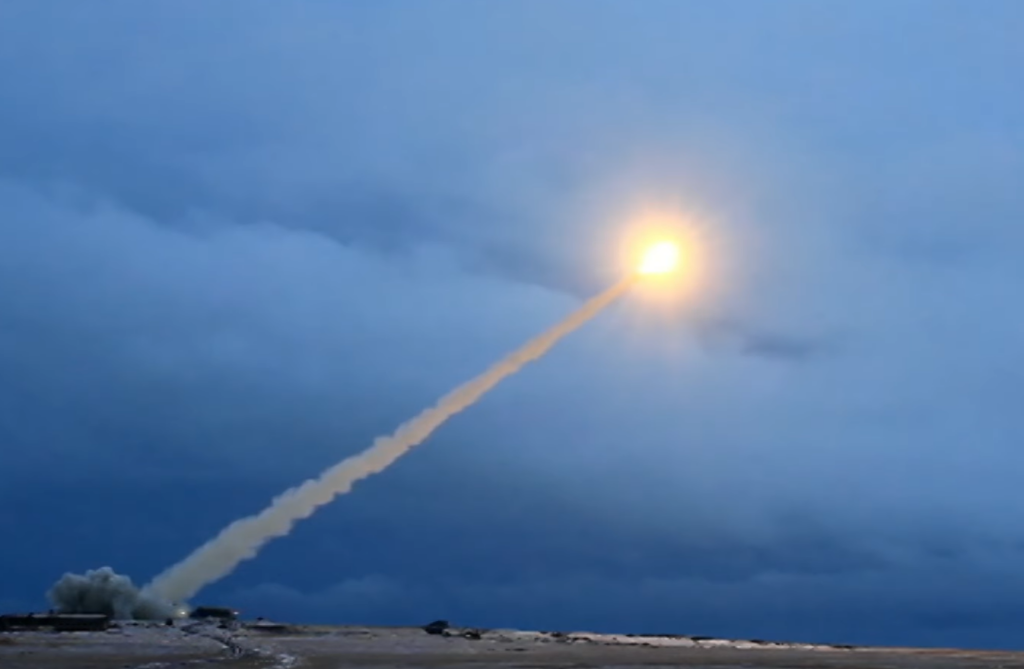Burevestnik: Russia Nuclear-Powered Missile That Can Fly For Days
Russia has announced a successful test of its 9M730 Burevestnik nuclear-powered cruise missile. Russian military officials reported that the missile flew about 14,000km (8,700 miles) in a single flight and remained in the air for about 15 hours. It is among the longest recorded cruise missile flights ever. President Putin described the test as a major success of Russia’s advanced weapons program and a sign of strength, he also claimed that the missile is capable of piercing any missile defenses.
9M730 Burevestnik is a ground-launched missile and is powered by a small nuclear reactor. It carries a thermonuclear warhead and can fly for hours or even days. Russian sources say that it is extremely hard to track or intercept Burevestnik as it flies at very low altitude to avoid radar and can change course unpredictably. It could theoretically strike targets around the world without refueling.

Burevestnik was unveiled by Putin in 2018 as one of six new strategic weapons. Putin said it was needed to counter U.S. missile shields and claimed it had “unlimited” range to evade them. However, development has been difficult. Earlier tests often failed: in 2019 a launch accident triggered a reactor explosion that killed several engineers. U.S. analysts note the system had a poor test record. Only two of roughly 13 known tests since 2016 have succeeded.
The new test underscores Russia’s focus on modern nuclear forces. The missile is “invincible” to defenses and vital for national security. The announcement came during strategic drills, sending a message to the West. Western leaders were cautious. President Trump called the launch “not appropriate” and urged Putin to focus on ending the war in Ukraine rather than developing new weapons. Analysts note that despite Russian claims, the missile could still be tracked and shot down by fighter jets. They also warn of environmental dangers as a crash of a nuclear-powered missile could spread deadly radiation over a wide area.
Russia says it will now prepare infrastructure to deploy the new missile. A nuclear-powered cruise missile with a long range would give Moscow a distinctive intercontinental missile capability.

